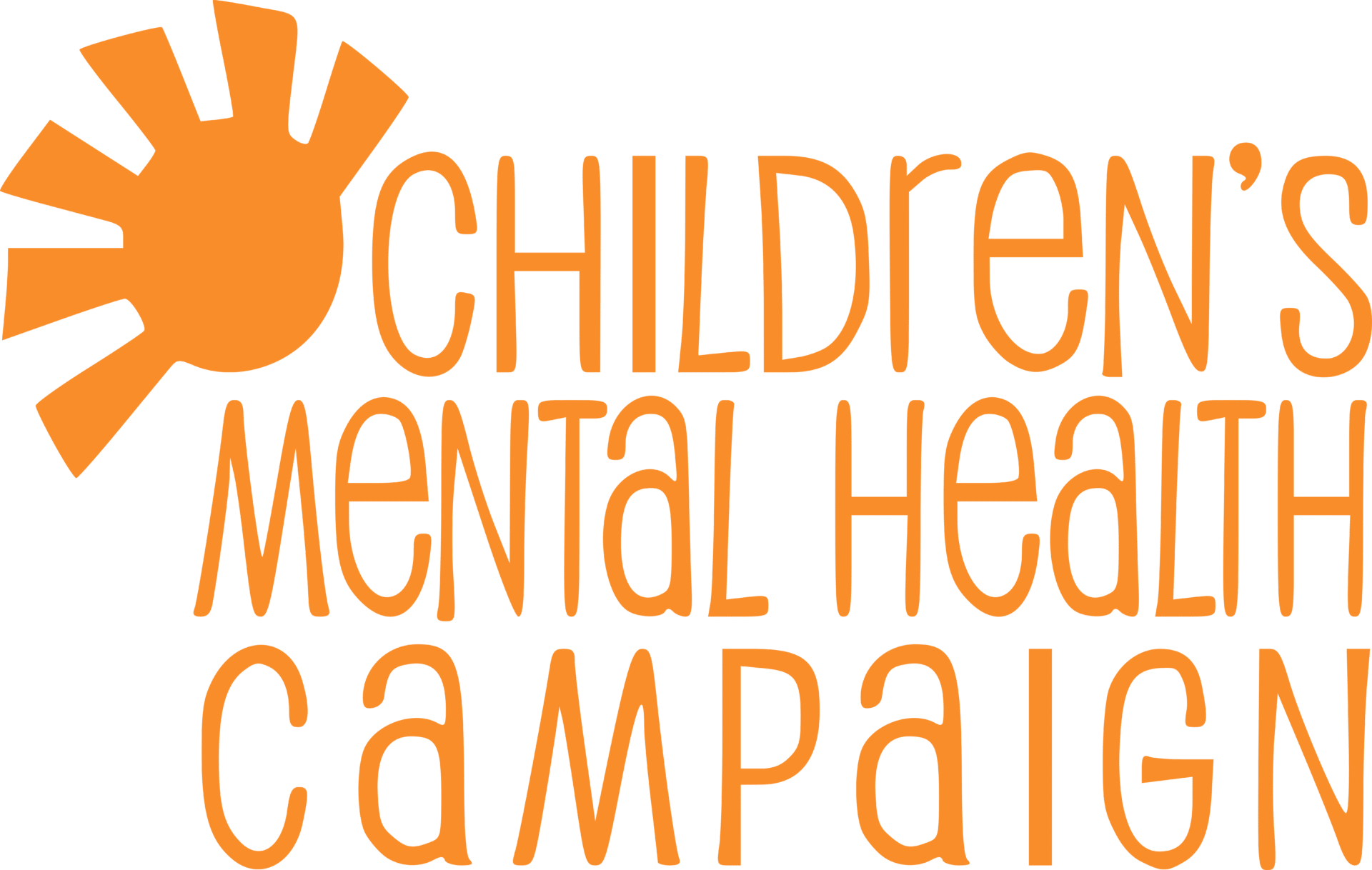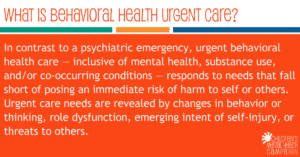Pediatric Behavioral Health Urgent Care
In early 2015, CMHC launched a multi-year project to gather data on the scope of issues that lead to Emergency Department (ED) boarding. That data has been used to inform a set of recommendations to address the problem.
One recommendation is for Massachusetts to implement a model of behavioral health urgent care for youth. If a child needs urgent physical health care, such as a test for strep throat or exam for a sprained ankle, they typically can been seen within hours at an urgent care clinic. However, this type of care does not exist for children and adolescents with urgent behavioral health needs.
CMHC proposed a model for building an effective, sustainable system of Pediatric Behavioral Health Urgent Care to provide earlier intervention while reducing the need for hospitalization. The model was informed by years of work that incorporated multiple qualitative data sources, including peer-reviewed and grey literature, key informant interviews, focus groups, site visits, and an expert panel.
By intervening when a need may be “urgent” instead of an emergency, the model seeks to prevent emerging crises from escalating to emergencies, connecting children and adolescents to the care they need, when they need it, helps avoid unnecessary emergency department visits — where they might wait hours, days, or even weeks for care — or inpatient treatment. The CMHC strongly advocates for the adoption of the model and is working collaboratively with the pediatric population in need, policymakers, providers, practitioners and payers to devise, finance and implement practice transformation to implement Pediatric Behavioral Health Urgent Care.
Pediatric Behavioral Health Urgent Care Report
CMHC’s 2nd Edition Pediatric Behavioral Health Urgent Care Report examines the behavioral health needs of children, adolescents, and their families. It specifically explores and describes the care elements necessary for responding to the urgent behavioral health needs of children and adolescents, including those with co-occurring autism spectrum disorders and intellectual/developmental disabilities (ASD/IDD).
Executive Summary
Pediatric Behavioral Health Urgent Care 2nd Edition
This report was made possible with support by: The Herman and Frieda L. Miller Foundation and The Peter and Elizabeth C. Tower Foundation
Also check out this MassLive.com op-ed, featuring our work on the pediatric behavioral health urgent care project!

